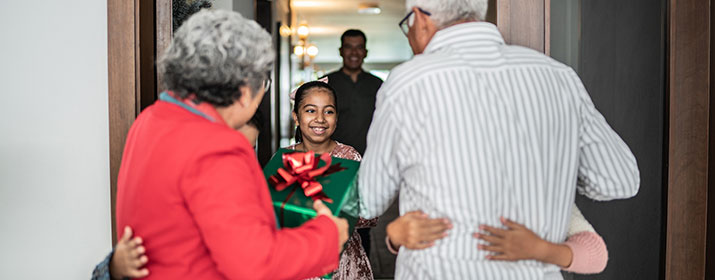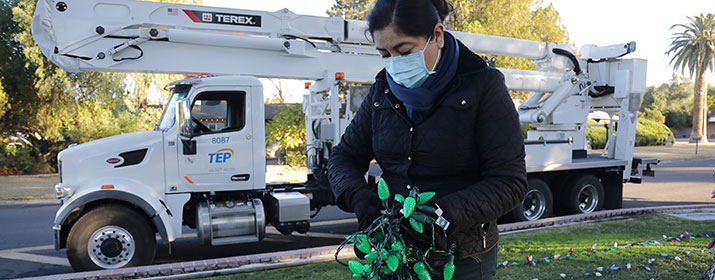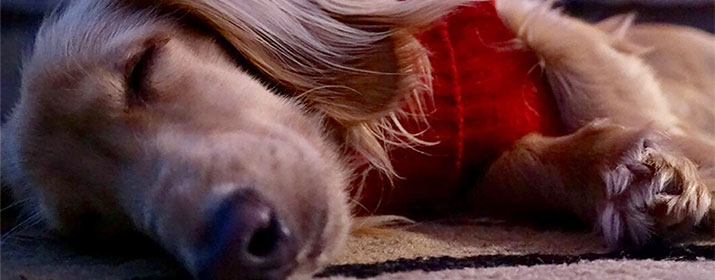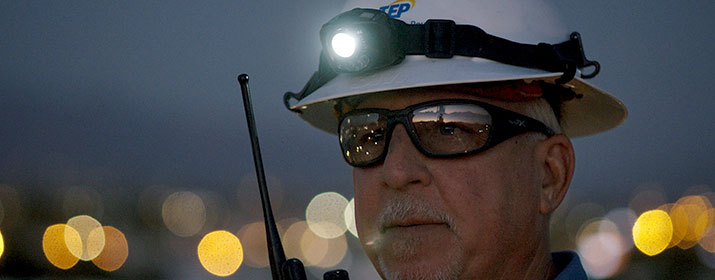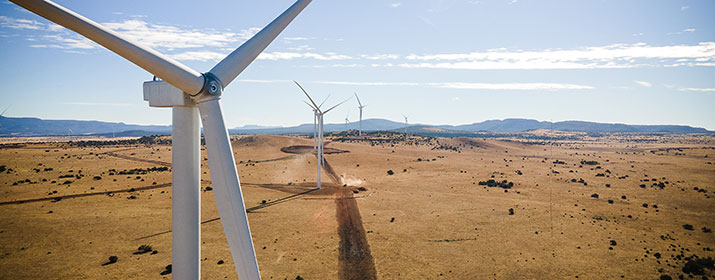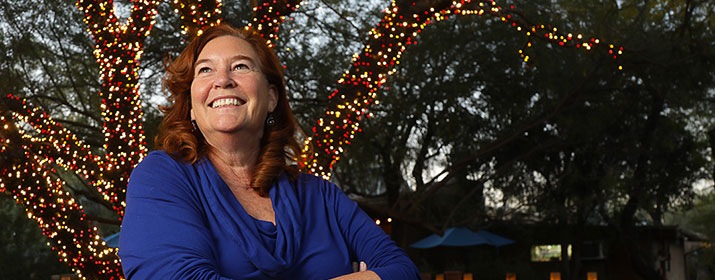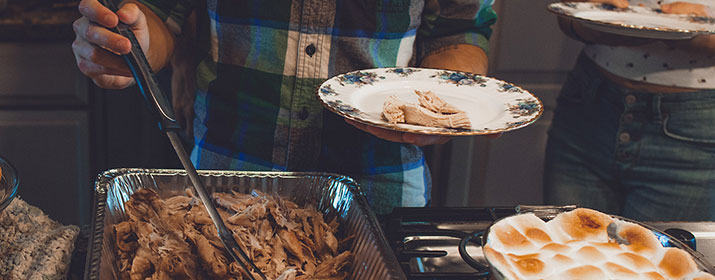
Autumn in the desert means cooler temps, a healthy helping of gratitude and gatherings of friends and family. While you’re enjoying the company of loved ones for your fall celebrations, you can also make a positive impact on the environment and your wallet with these energy-saving tips:
If you’re traveling for the holidays, prepare your home before you go:
- Unplug appliances. Small electronics like coffee makers, laptop computers, printers, and entertainment consoles use energy even when they appear off. The average customer spends up to $100 each year on phantom energy loss, according to the U.S. Department of Energy, so remember to unplug them when not in use.
- Open south-facing curtains and shades. Arizona is the sunniest state in the U.S., even in the winter. Allowing sunlight to enter your home during the day provides natural heat to help you save on heating costs.
- Use LED bulbs and timers. Timers that turn your lights on and off at set times are a great extra security measure in addition to helping save energy. Add a timer to lamps with energy-efficient LED bulbs as well as to outdoor holiday lights. You’ll give the appearance that your home is occupied while also keeping energy use down.
- Make sure the fridge is full.You may be tempted to empty your refrigerator if you know you’re going away. However, an empty refrigerator is less energy efficient than a full one. Fill any extra space with gallon jugs of water to keep the fridge running efficiently.
- Adjust your water heater. Water heaters consume a lot of energy because they work hard to maintain water temps, even when you’re not using water. If you’re going away, set your water heater to vacation mode. It will drop the water heater’s temperature to conserve energy while you’re away. Just remember to reset it when you return.
If you’re hosting this year, there are steps you can take to save energy, even with a house full of people and a busy kitchen.
- Max out the oven. If possible, bake multiple dishes at one time to maximize oven efficiency. Skip pre-heating when you can and turn off the exhaust fan as soon as it’s no longer needed.
- Adjust the thermostat. Thanks to a hot kitchen and the body heat from your guests, you can afford to lower the thermostat by a few degrees.
- Change up your ceiling fans. For your gathering, be sure your ceiling fans are set to run clockwise. Ceiling fans circulate air very effectively, making an area feel cooler in the summer and warmer in the winter. In cooler months, fans should run clockwise at a low speed to create a gentle updraft that redistributes warm air that accumulates near the ceiling.
- Use the dishwasher. Handwashing dishes takes more water and more energy. Be sure to scrape all the plates first rather than rinsing them in hot water. For all but the worst caked-on messes, your dishwasher should get the dishes clean.
- Consider smaller cooking appliances. Microwaves work fast and use less energy than the oven or stovetop. And, while they may take longer, slow cookers are an excellent, lower-energy use option than the stovetop.

